


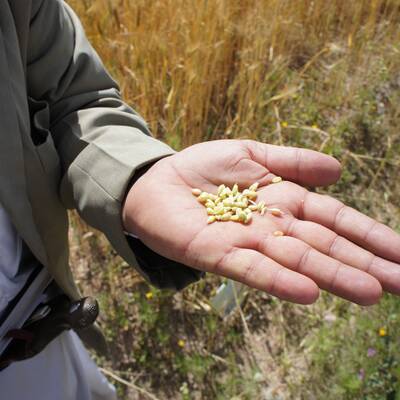
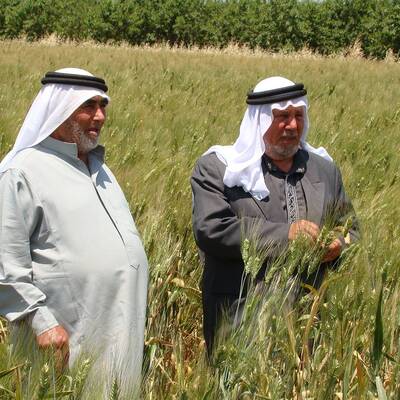
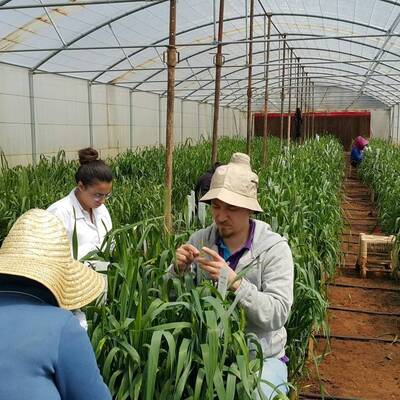
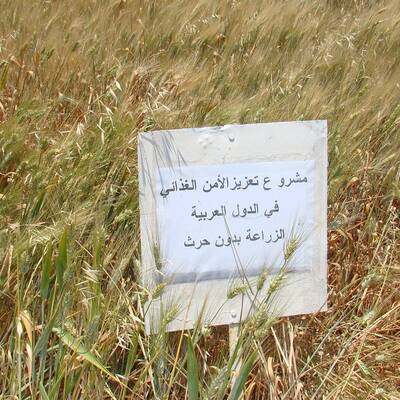
The project’s overall aim is to contribute to enhancing food security in Arab countries by improving the productivity of staple food crops, especially wheat, and building the capacity of the National Agricultural Research Systems to support and sustain future growth in agricultural production.
The objectives of the project are two-fold:
The ultimate aim of the project is to enhance food and nutritional security by contributing to the development of more productive, diversified, resilient and sustainable farming systems. Furthermore, through its capacity development activities, the project will encourage young scientists to engage in modern and advanced agricultural research
A third phase of the project will build on the results achieved by verifying and fine-tuning recommended technology packages (wheat and food legume cultivars, agronomic and water management technologies), expanding the number of pilot sites to other agro-ecologies, thereby out-scaling the technologies to more end-users, and strengthening the capacity of national research and extension systems to promote the technologies for wider adoption.
In Phase III, the project involves ten countries, namely: Algeria, Egypt, Iraq, Jordan, Morocco, Palestine, Sudan, Syria, Tunisia and Yemen. The activities are extended to new sites, different from those used in Phase I and II and which are characterized by different constraints limiting the productivity of wheat-based production systems, and whenever possible, with an added focus on other crops for diversification and sustainability of the production system.
The longer-term impacts of the project are dependent on national governments implementing supportive policy and institutional measures that enable the further out-scaling and adoption of the improved technologies by farmers.
UPDATES
In 2020, project activities were implemented in 28 pilot areas which represented the wheat-based production systems followed by local farmers of participating countries. More than 1,100 demonstrations were held in farmers’ fields covering various improved technologies for wheat and legume production; the results of which led to an increase in wheat yield - varying from 15 to 97% depending on the country and production system. The average increase across all countries was 30%. However the maximum average increase in any one country was 69%, indicating the potential that exists for further improvement in wheat yield across all countries.
The project’s capacity building activities were affected by COVID-19 in 2020 due to confinement and shutdowns. However, the National Agricultural Research Systems’ partners stepped up their efforts in implementing the planned capacity-building activities, while taking obligatory safety measures into account. Due to these efforts, more than 5,800 farmers benefited from field days and farmers’ field schools in the project countries.
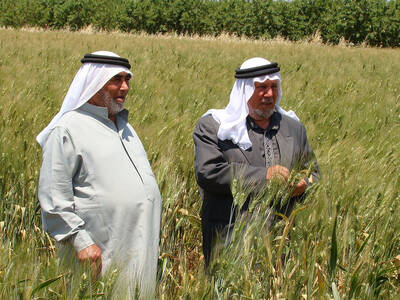


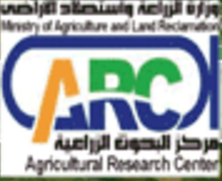
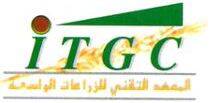

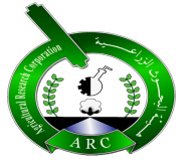

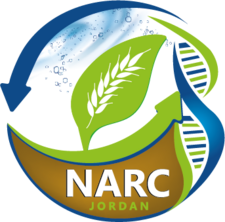
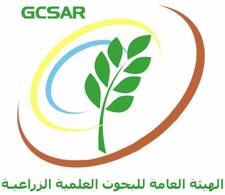
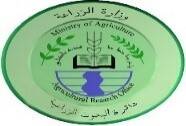

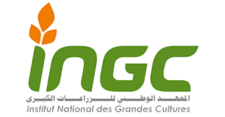
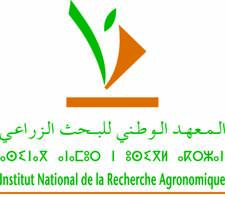
© 2026 International Center for Agricultural Research in the Dry Areas (ICARDA)